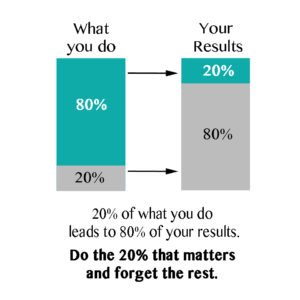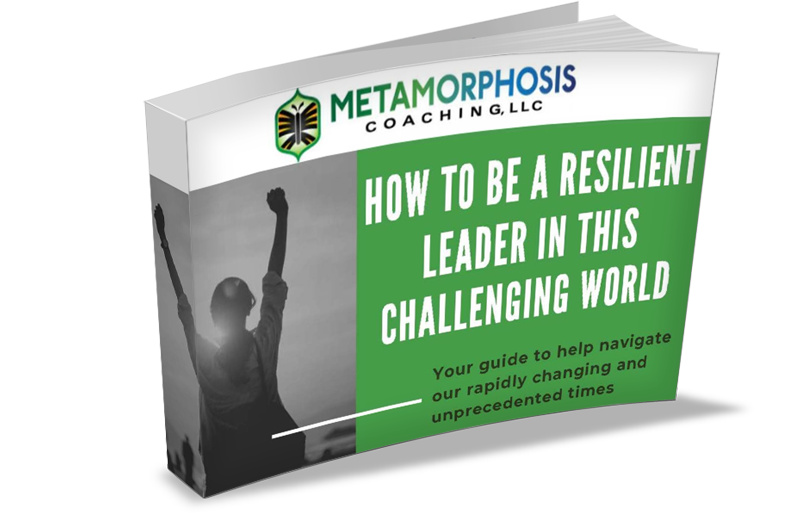Why Many Training Programs Don’t Stick

‘Buckets’ for everything help with organization and also drives performance and productivity. And if we follow the 80-20 rule, or Pareto Principle as it’s more formally known, 20% of effort typically results in 80% of results. Following this formula can help keep the Stickler at bay and the otherwise anxiety-ridden need to have everything perfect and maintain order at any cost (and there is always a cost when the effort is 100% all of the time). Did you know that perfectionism is correlated with “fight mode” in the Fight/Flight/Freeze response? Fight isn’t so noble. Let’s do a makeover!
Think about the last time you attended a training or seminar and were so excited about what you learned and then got back to the office, got busy with the fires of your day and decided to punt applying some of your insights. Then another day lapsed and you didn’t get to techniques you learned about and again, postponed incorporating ideas. More and more time lapses and now…..you’ve forgotten a large portion of all the great information you learned.
How many times has this happened to you? I hear it all the time. And it’s truly one of the reasons I prefer coaching to training, because smaller, frequent sessions is how we get results with lasting power. It’s just like preparing for an exam – cramming doesn’t result in retention of information because the information never gets transferred to long-term memory. Slow and steady ALWAYS wins the race when it comes to learning and growing.
Most training models rely upon the 80/20 rule: the majority of results and impact rely upon retaining 80% of information learned and retained. The other 20% is attributed to practicing and applying the ideas or new concepts so the information is transferred to long-term memory. But without some sort of practice or application, the results never happen. This is why experiential learning is so much more effective.
Behold, a different type of training that relies less upon retaining insight, more like 20% to be precise and more systematically relies upon 80% of practice and simple, experiential learning for durable, lasting transformation.
“Until You’re willing to be wrong about many things you know, you will never change” – Dr. Eugene Choi
And if you never change, how can you grow? – Doni Landefeld
Most professional development training programs fail for two reasons:
1. They rely upon 80% insight and retention of information (which is unrealistic even for the most well-intentioned and disciplined professional) and…
2. They don’t go to the root cause of fixing problems, so the change is unlikely to be lasting
Many training programs, self-help techniques, and professional development programs are only successful to the extent that an individual consistently practices their teachings and doesn’t get mentally hijacked when stressors cause them to fall back to their baseline behavior.
Many of these otherwise well-intentioned programs and attempts are just like slapping a band aid on a wound. Under wear, tear and stress, the band-aid will fall off and the wound is once again exposed. Unless we get to the root cause to overcome and heal the underlying ‘symptom,’ there will be no lasting change and transformation will be impeded or not happen at all.
This is the main reason I now begin the majority of my Emotional Intelligence engagements with Positive Intelligence (PQ) as a foundation. Building the foundation of PQ is essential. It helps us to understand when we get mentally hijacked and how we may pre-empt and intercept our saboteurs. The self-awareness to understand and pre-empt these set-backs expedites skill building so it lasts.
PQ (Positive Intelligence) + EQ (Emotional Intelligence) = New You!
Ready to do some re-balancing of your strengths and add some new skills on top?
Or if you’d like to see if you have a strong Stickler saboteur, CLICK HERE to receive a link to the free PQ assessment where you’ll learn about your saboteurs and how you might be overusing your strengths.
Special Report:
How to be a Resilient Leader in this Challenging World. PLUS More Free Resources!

Sign up below and get your FREE "How to Be a Resilient Leader in This Challenging World" Report today!
